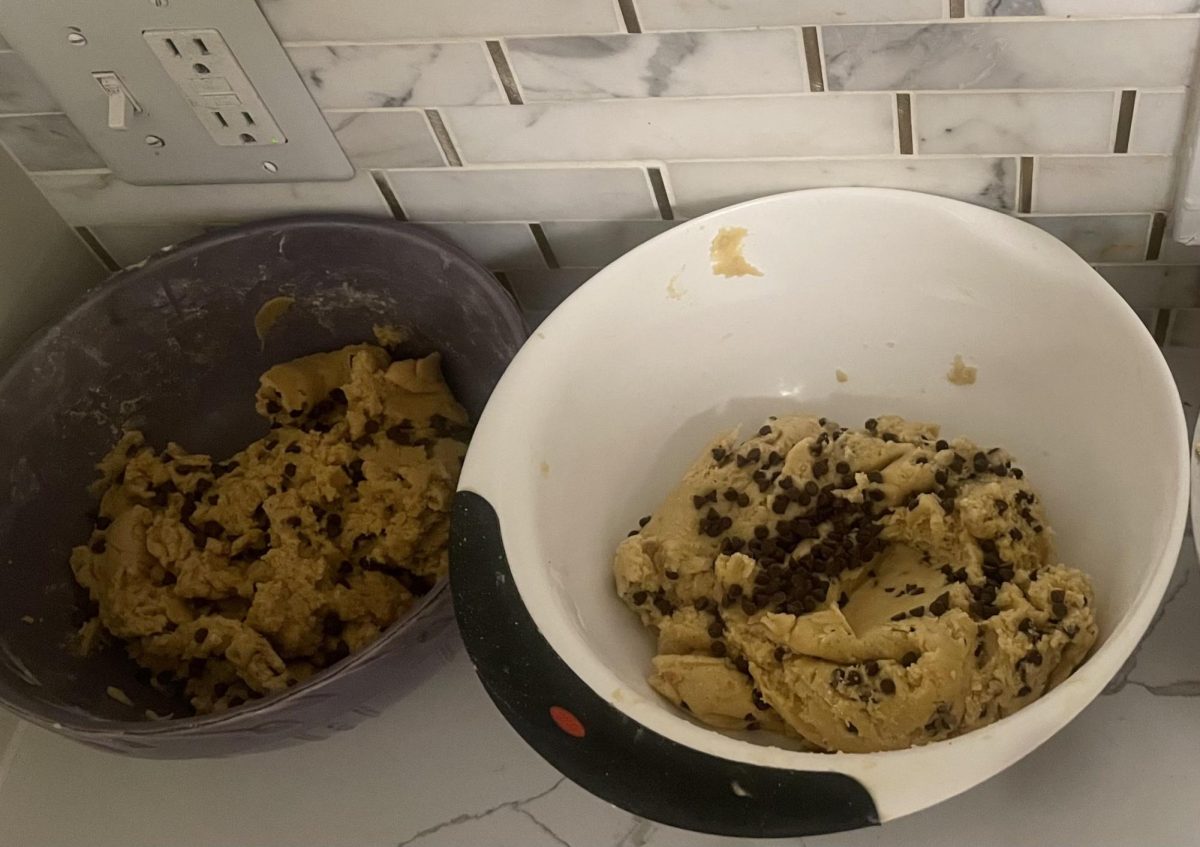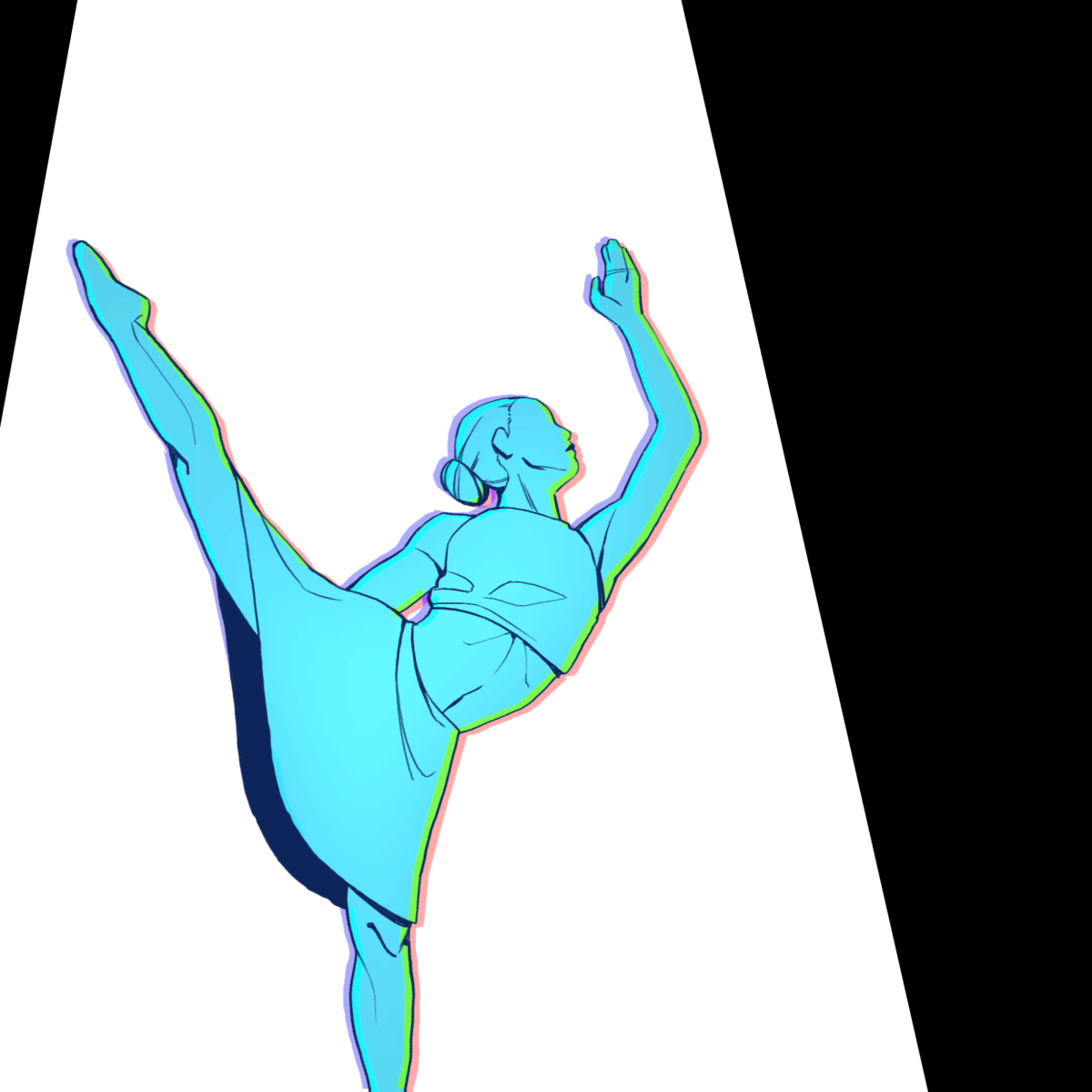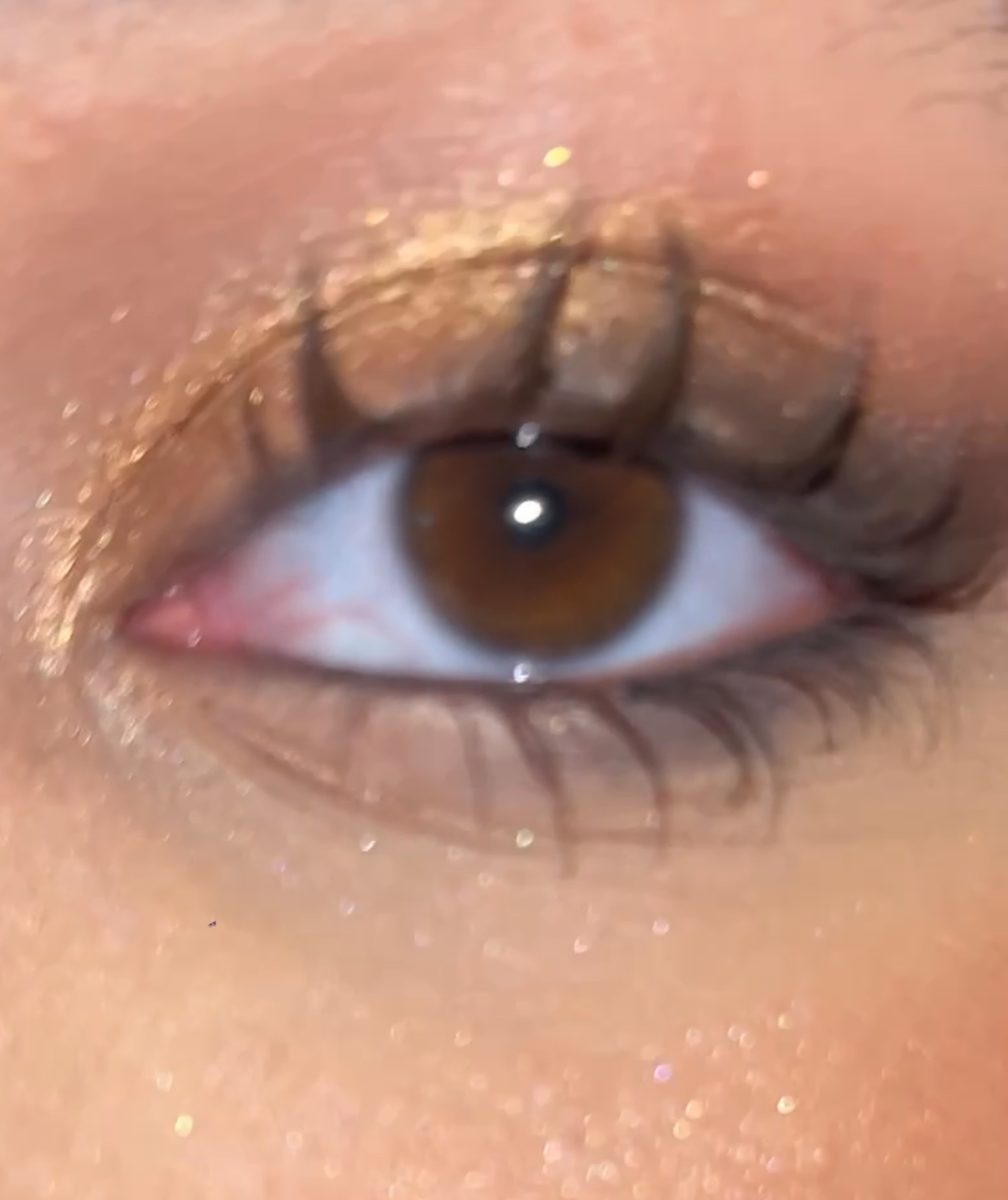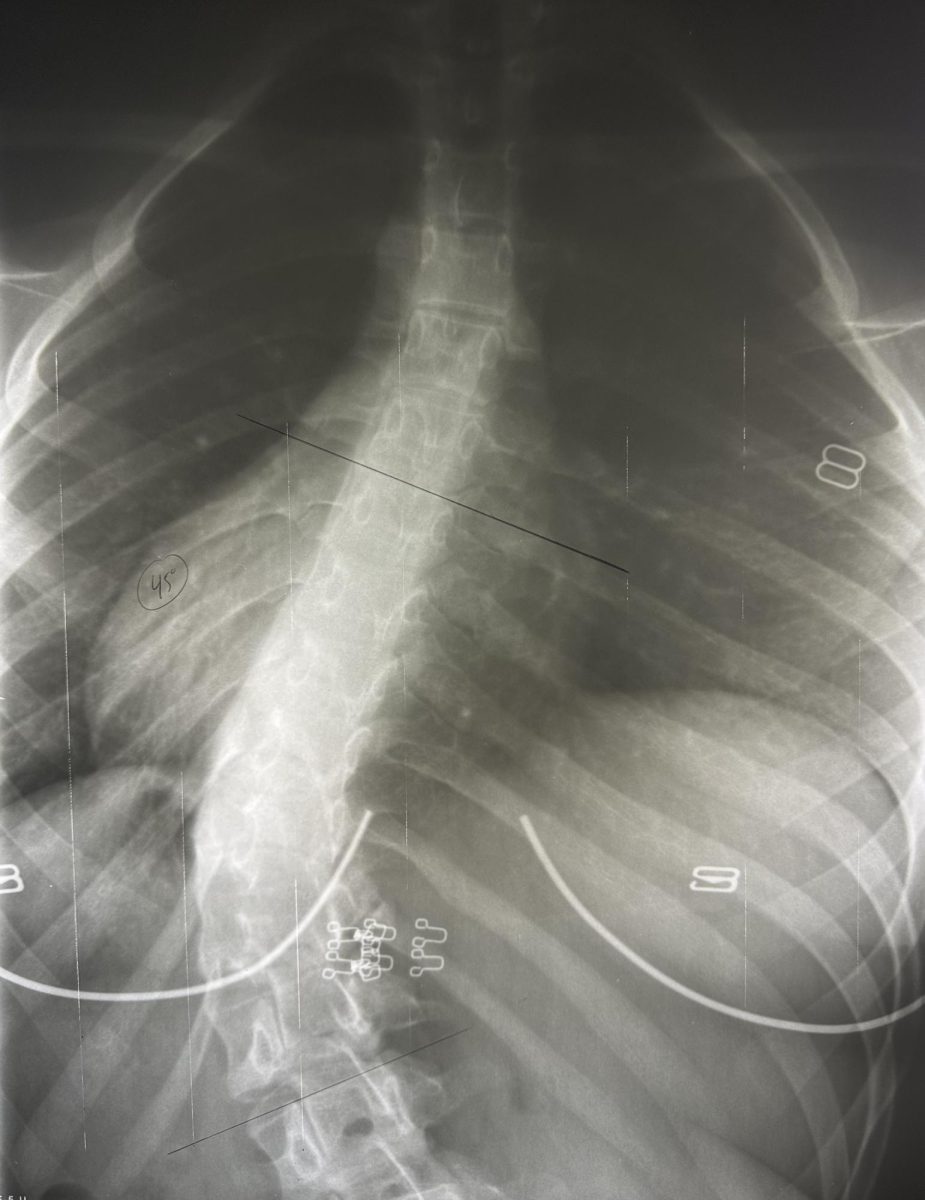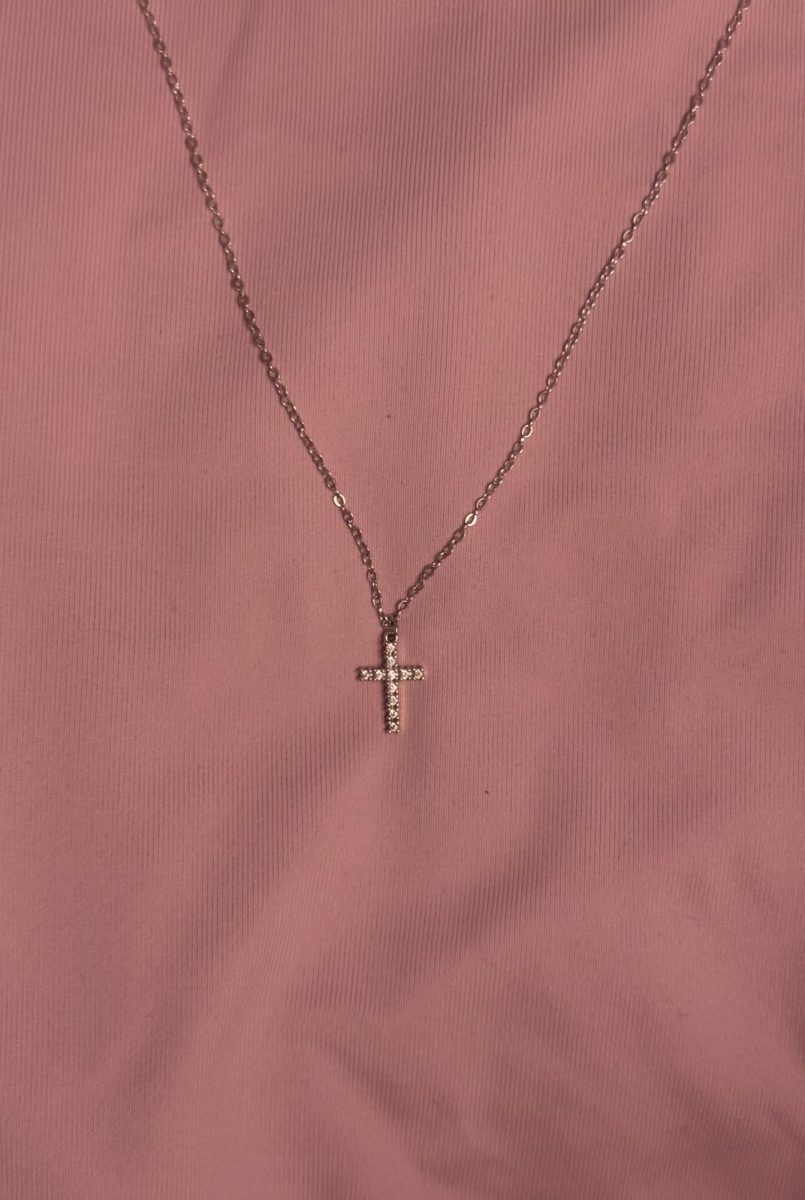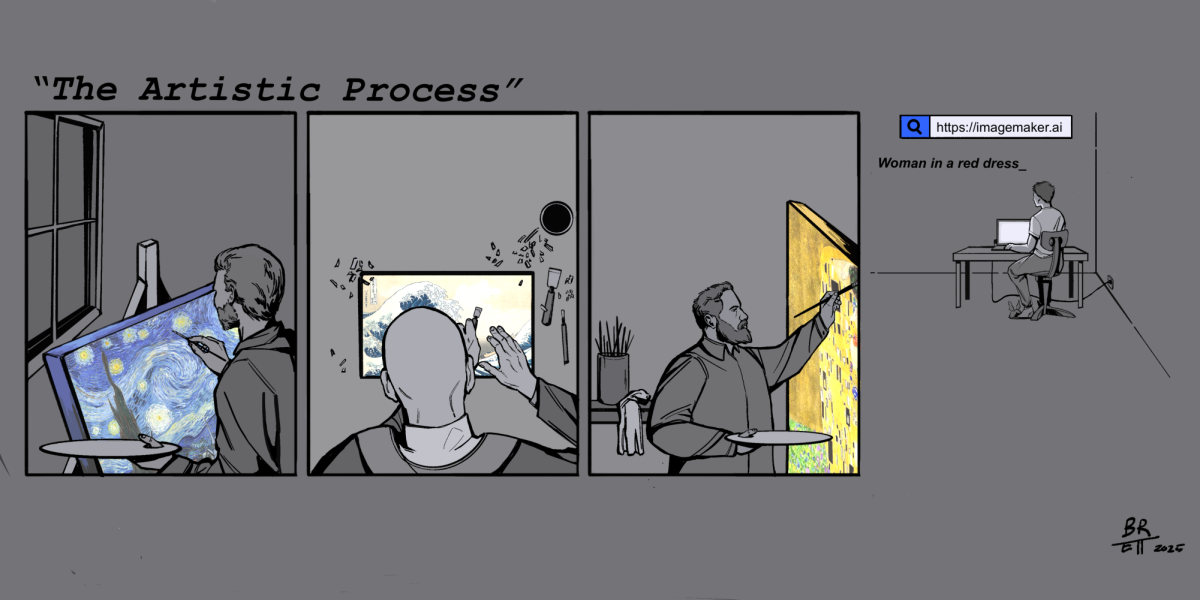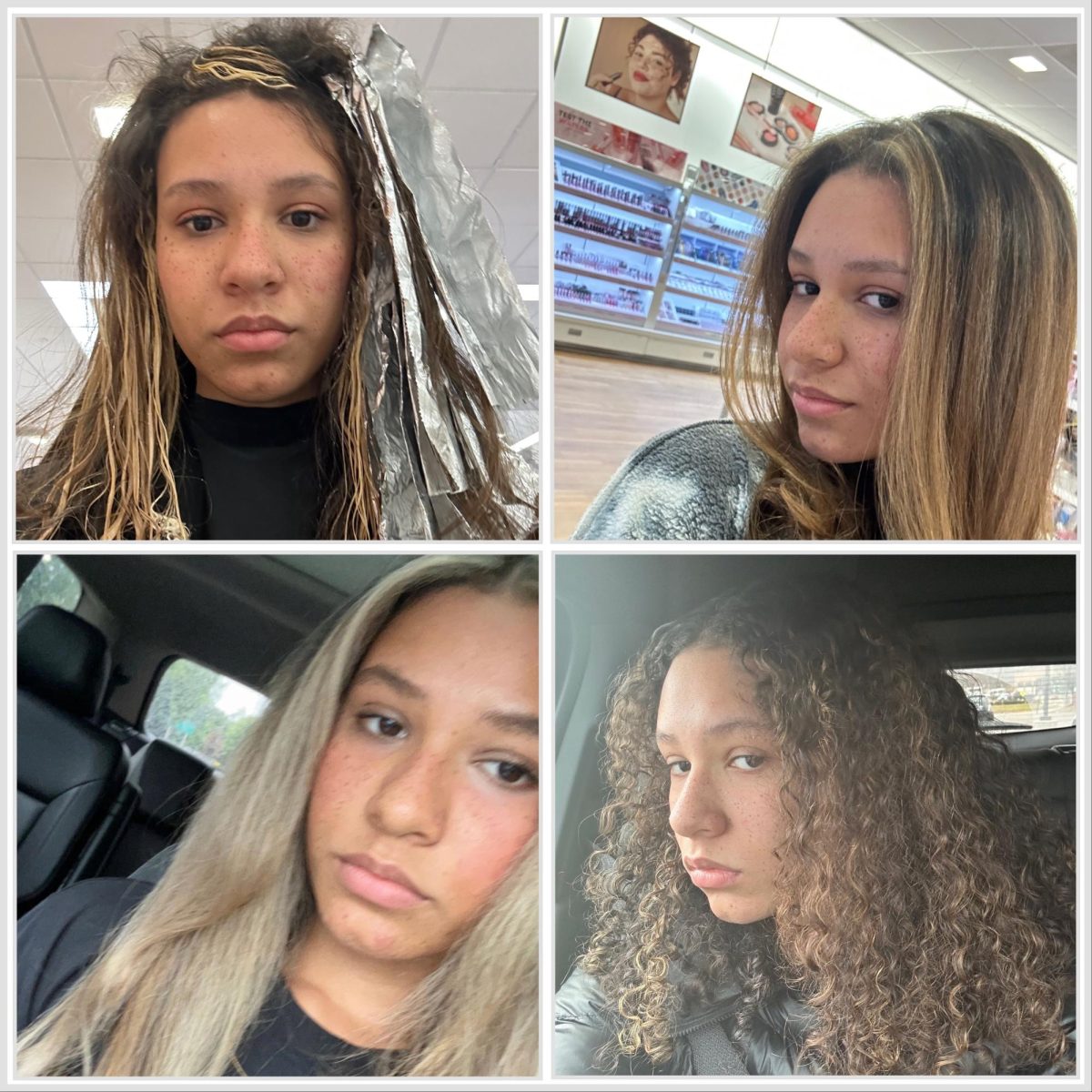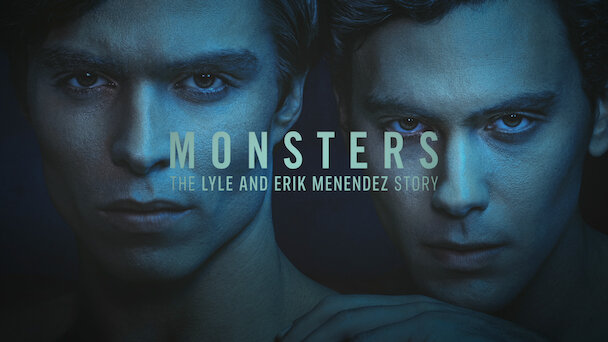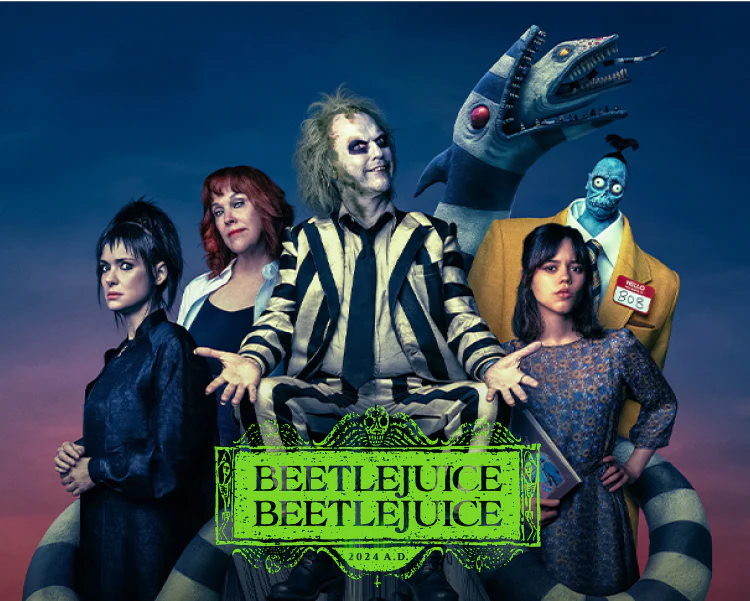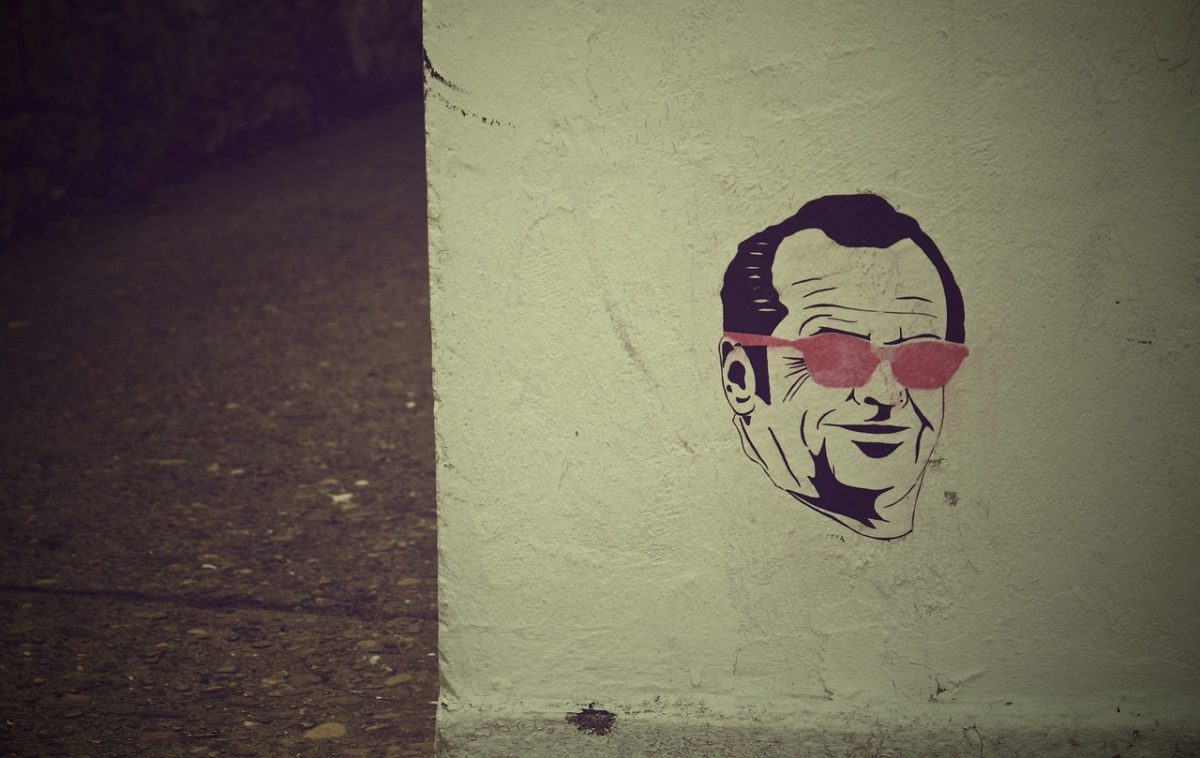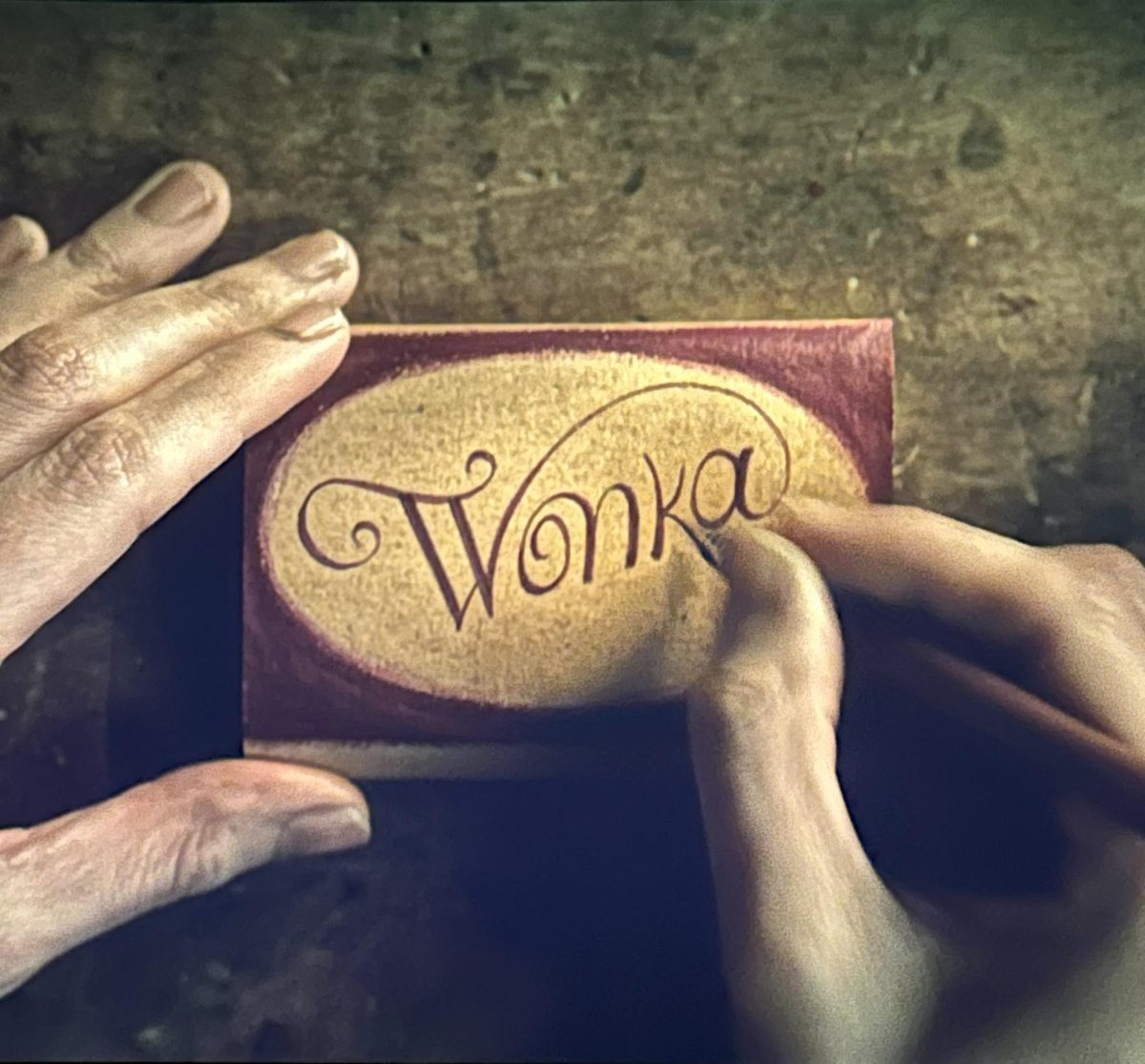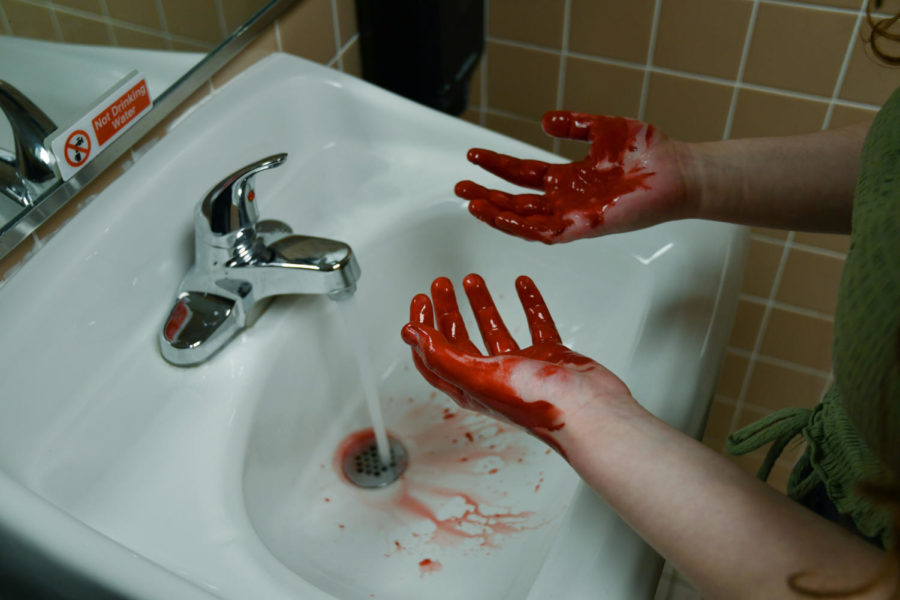Hollywood hides the real stories of OCD
Since age nine I’ve been struggling with contamination OCD. I’ve washed my hands so vigorously that they’d crack open and bleed. I’ve felt trapped in the bathroom, unable to move from the sink and bottle of soap. Crying as family members desperately beg me to stop my compulsions.
April 17, 2022
Whenever I tell people I have OCD I usually get asked if my bedroom is neatly organized or if my food can’t touch each other on my plate. Numerous times I’ve been told that my condition is cool or quirky. I started wondering; why do people see a debilitating mental disorder as “quirky”? Where does this misinformation stem from? Once I went down that rabbit hole, it was easy to see how the media misrepresents OCD and perpetuates these false stereotypes.
OCD, as debilitating and insufferable as the real condition is, is often used as comedic relief in TV shows. I soon realized the correlation between misrepresentation in films and false stereotypes possessed by society. The most-known example of this misrepresentation is shown in the popular television show, Friends, with the character Monica Geller. Monica’s compulsions of excessive cleaning is shown as humorous and at many times, annoying to others. The show also suggests that Monica likes to complete her compulsions, or in her case, excessively cleaning her apartment. This is absurd representation. People with OCD do not find their obsessions or compulsions as “fun”, so portraying it as so downplays the severity of the disorder and invalidates the stress people with OCD go through on a daily basis. I have been wrongfully accused of enjoying my compulsions on multiple occasions. The most extreme case occurred to me while I was in middle school, given the task of operating in a cooking class. The group I was selected into misinterpreted my need for cleanliness as “a love for cleaning”. Against my judgment, I was put on “dishes duty” for the majority of the term. None of my group mates wondered why my hands were cracked and bloody or why they became so raw that they turned red. None of them saw when I would wince at the dish soap sinking deep into my open wounds. They ignored me while I cringed as I scraped away the crusted food from the plates. I was too afraid to speak up and tell my group that they were wrong; I don’t like to clean – I have to. So, for the next three months I spent scrubbing away dishes, my hands became a texture similar to snake skin.

OCD is one of the many disorders abused by Hollywood. The movie industry projects those with mental illness as “mad” or “deranged”. This is far from the truth, as those with mental disorders are hardly ever violent towards others. Although I personally enjoy watching the show, Criminal Minds, I was disappointed to see the creators fall into this stereotypical trap. In one of the first episodes (S1:E2) called Compulsion, the perpetrator is a serial arsonist with severe OCD. While the creators thoroughly represent the irrational obsessions one with OCD has and their need to complete the compulsions associated with them, they demonized people with mental disorders yet again. The serial arsonist from the episode has obsessions with the number three. Number obsessions are a common symptom of OCD, however, Criminal Minds, twisted this obsession into a homicidal plot line. The serial arsonist is portrayed as almost “possessed”, as she acts out her compulsions in an erratic, deranged state. This storyline villainizes people with OCD and furthers the false stereotype that these people are “violent” and “destructive”. I can vividly remember the first time I was called “crazy” for having OCD. My cousins and I were on a family vacation and crammed into a small condo. It was in the middle of summer so I felt hot, muggy and gross. These seemingly insignificant factors were enough to trigger my OCD and lead to a full-blown episode. One of my cousins had been waiting to use the bathroom and grew angry at my extensive handwashing. Using a hushed tone to not disturb the neighboring rooms, she called me crazy and “psychotic”. “Why are you like this!” she exclaims. She scowled as I impulsively continued my compulsion, burning my hands under the hot faucet in the process.
Out of the multitude of failed attempts depicting OCD, only one film portrays the disorder accurately. The Aviator, starring Leonardo DiCaprio, depicts the life of Howard Hughes, an aviation master and millionaire businessman. What many don’t know about this infamous man was that he had severe OCD. People who knew Howard would describe his behavior as “strange”, not recognizing this man’s struggles. I applaud the movie directors for one scene in particular: the bathroom scene. Howard Hughes has contamination OCD (among other obsessions), so when he uses the bathroom, he brings his own bar of soap and continues to wash his hands until they bleed. Leonardo DiCaprio reveals the hidden distress one feels during their compulsions, defeating the myth created by other media that claims “compulsions are more of a hobby”. Once the compulsion is complete, Howard realizes there’s no more towels left that he can use to open the door with and exit the restroom. Howard’s OCD tells him that door knobs are contaminated with germs, so touching the handle is an impossible task. Based on DiCaprio’s acting as well as on my own experiences, I could feel the fear overwhelming him. I’m very familiar with this type of fear, this paralyzing, debilitating fear. Due to my own past experiences with contamination obsessions, I can fully relate to Howard’s struggle with germs. This is the first time I’ve been able to relate to a character with OCD and I hope to see more of this representation in the future.
OCD compulsions are not “hobbies”. Unlike Geller from Friends, I don’t like doing dishes and excessively cleaning. There’s no laugh track highlighting how “humorous” my disorder is. I’m not violent or deranged, unlike the assumptions made by Criminal Minds. I’m not crazy or “psychotic” like my cousin might suggest. Society loves to glamorize things they don’t understand. Erasing the panic attacks, the tears, the suffocating thoughts, all to make it big in the Box Office. Millions of people like me are stuffed into these harmful stereotypes perpetuated by the media. It’s time for Hollywood to change, for writers to start incorporating the stories of real people with OCD.




